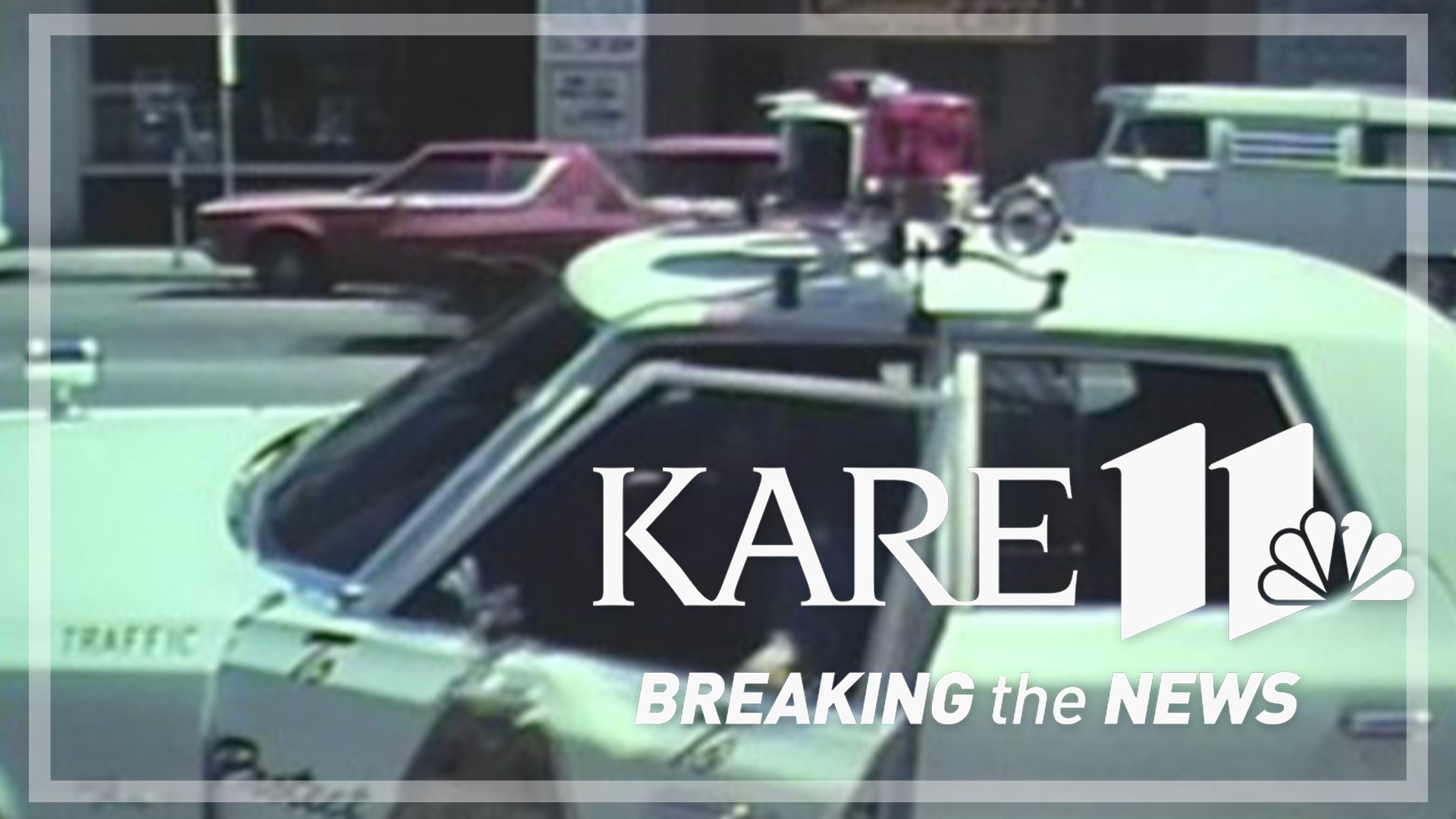ST PAUL, Minn. — Members and supporters of extremist and white supremacists groups would be barred from serving police officers in Minnesota, under a new set of rules and guidelines adopted Thursday by the Board of Peace Officer Standards and Training, also known as the POST Board.
A lot has changed in law enforcement and society since 1977, which is when the POST Board was established, and the original law enforcement licensing rules were written.
"This is just the first section of the rules. We're tackling everything we do. So, this is really just the first part of a very, very large undertaking," Mendota Heights Police Chief Kelly McCarthy, who chairs the POST Board, told KARE.
"We're trying to bring ourselves in line with other licensing boards and what the community expects that a police licensing board can and should do."
The changes have been in the making for years, and have taken on more of a sense of urgency in the aftermath of the murder of George Floyd in police custody in 2020.
There has been public comment along the way, and involvement of administrative law judges, which is common when state agencies and boards create or modify rules. Thursday's vote triggers another public comment period, so the POST Board will meet again Dec. 9 to respond to any new concerns raised.
Several statewide law enforcement groups have voiced opposition to some of the changes. Some have asserted the "extremist" is too vague and subjective, which could lead to legal entanglements. Chief McCarthy disagrees.
"We’re trying to bring our practice in line with public expectations, and the public expects the people who enforce the law also follow it. When you go a member of the public and say, 'Hey. What do you think a police licensing board should concern itself with?' That’s what we’re focusing on."
Some law enforcement groups expressed concern that belonging to a religious group might be construed as extremist by some. The board added language that clarifies religious beliefs, per the state and federal constitutions, can't disqualify someone from getting a badge.
"Why they were so worried I’m not exactly sure, but if that moves the ball down the field, we’re going to do it," McCarthy explained.
By law the POST Board includes 17 members, eight from law enforcement, three from higher education, one elected official, the head of the BCA and four citizens who represent the public at large.
The board's also changing the list of information that can be sought and collected in a background check for an officer. One part of that list that has drawn criticism is whether the officer has ever been the subject of a Brady/Giglio Disclosure in a court case.
Brady/Giglio is shorthand for case law that entitles the defense in a criminal trial to know if there's anything that could potentially call an officer's witness testimony into question.
"In simple terms, if I was the president of the Randy Moss Fan Club – I'm not, but I should be -- and if I arrested somebody for assaulting him, we should tell the defense that I love Randy Moss because their client might not get a fair trial," McCarthy said.
"In a background check you want to know that applicant has ever had their testimony impeached. It could be for a completely innocent reason, or because they're dishonest. Either way, we trust agencies in communities to make those decisions."
Watch more Breaking The News:
Watch all of the latest stories from Breaking The News in our YouTube playlist:

